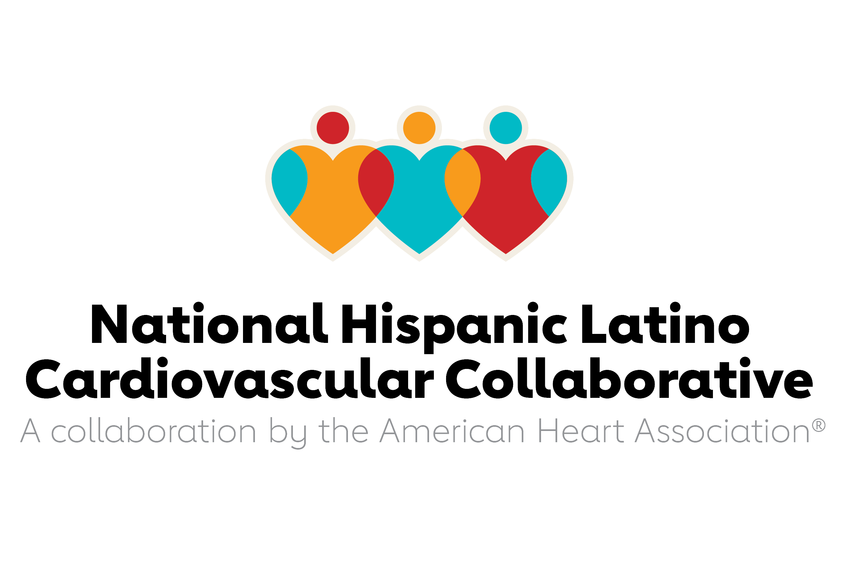Cardiovascular
Catalyzing clinical change: The importance of representation in health care
Second Cohort of the American Heart Association National Hispanic Latino Cardiovascular Collaborative Scholars Program Empowered Hispanic Latino Health Care Leaders
DALLAS, November 16, 2023 — Disparities in health care persist, with Hispanic and Black adults reporting less satisfaction with their interactions with physicians, leading to poorer quality of care and health outcomes.[1],[2],[3] While 19% of people in the U.S. identify as Hispanic, fewer than 7% of physicians do.[4] This lack of representation in the delivery of health care has been shown to exacerbate health disparities among underrepresented groups and is a significant barrier to the Hispanic Latino community achieving optimal health.[5]
In response to this challenge, the American Heart Association, a global force for healthier lives for all, has established the National Hispanic Latino Cardiovascular Collaborative (NHLCC). This initiative specifically unites Hispanic Latino volunteers, professional staff and allied supporters committed to bridging the gap in health care disparities and ensuring that equitable health is a reality for everyone everywhere.
The group launched its second cohort of the National Hispanic Latino Cardiovascular Collaborative Scholars Program during the American Heart Association’s annual Scientific Sessions the world’s preeminent scientific meeting focused on cardiovascular disease. This NHLCC mentorship and professional development program aims to leverage the global gathering of scientific thought leadership to cultivate the next generation of Hispanic Latino researchers and health care leaders, in turn actively addressing longstanding systemic inequities in health care.
“The important of representation within health care and research cannot be overstated. As the American Heart Association strives for equity in cardiovascular health outcomes, we are excited to support the National Hispanic Latino Cardiovascular Collaborative to uplift the voices and experiences of the Hispanic Latino community, in an effort to eliminate health disparities and improve health and well-being,” said Eduardo Sanchez, M.D., M.P.H., FAHA, the American Heart Association’s chief medical officer for prevention, and the executive staff sponsor of the National Hispanic Latino Cardiovascular Collaborative.
Scientific Sessions 2023 also featured the inaugural NHLCC Symposium. The symposium, Scientific Sessions’ first ever session dedicated solely to Hispanic Latino health, focused on leading community figures in medicine, clinical research and the social sciences. The session enabled meaningful dialogue about the state of Hispanic Latino health and health care in the United States, while examining emerging trends and identifying strategies for cultivating the next generation of Hispanic Latino health care leaders.
Scientific studies confirm that diversity among nurses, physicians and health care teams enhances overall patient outcomes and dismantles cultural barriers.[6] Specific research conducted by Penn State University emphasizes the significance of addressing implicit biases within health systems and diversifying the physician workforce to better meet patients’ preferences.[7] ,[8]
The National Hispanic Latino Cardiovascular Collaborative also serves as an advisory group to the larger Association, with a specific focus directive to assist the organization in achieving its 2024 health equity impact goal.
To learn more about the Collaborative and how to become a member, visit: professional.heart.org/NHLCC.
Additional Resources
# # #
About the American Heart Association
The American Heart Association is a relentless force for a world of longer, healthier lives. We are dedicated to ensuring equitable health in all communities. Through collaboration with numerous organizations, and powered by millions of volunteers, we fund innovative research, advocate for the public’s health and share lifesaving resources. The Dallas-based organization has been a leading source of health information for nearly a century. Connect with us on heart.org, Facebook, X (formerly known as Twitter) or by calling 1-800-AHA-USA1.
For Media Inquiries: 214-706-1173
Elizabeth Nickerson Hill: [email protected]
For Public Inquiries: 800-AHA-USA1 (242-8721)
heart.org and stroke.org

